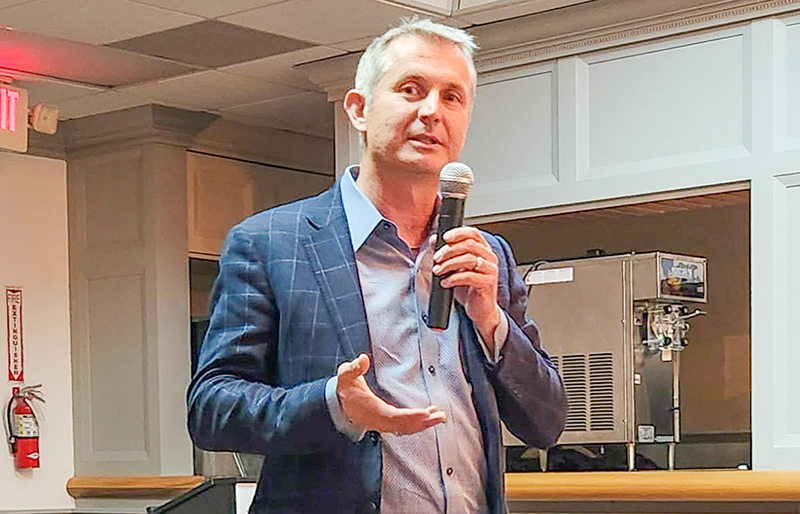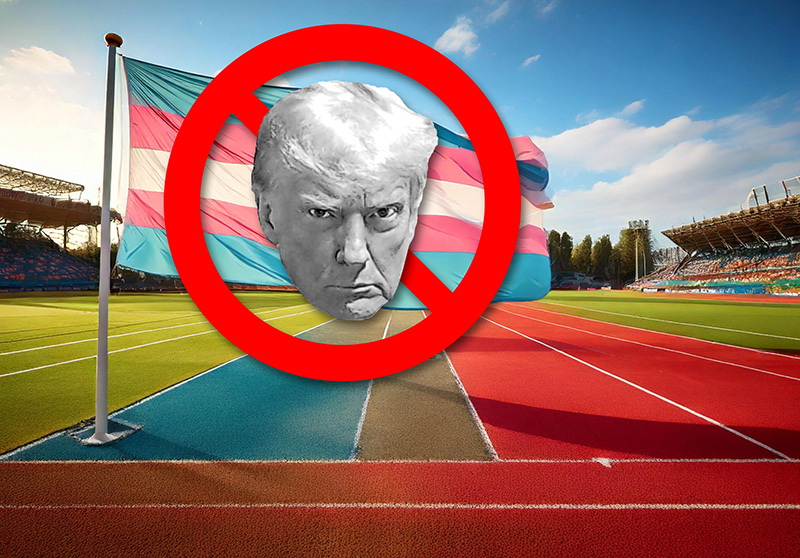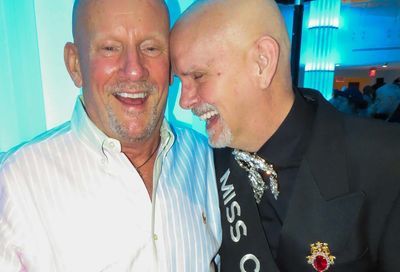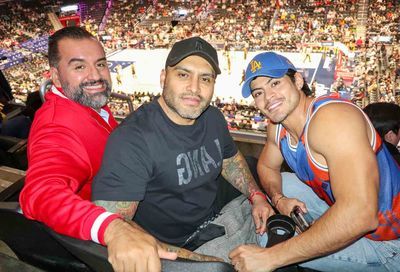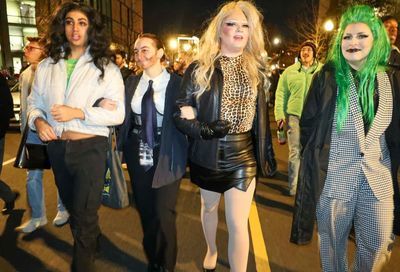DCTC's Chief Problem
Organizers of the trans coalition find fault with Lanier's handling of anti-trans violence
The words rolled off her tongue like a well-rehearsed mantra, ”We’d like to see all of those folks who are in that high-risk environment find ways to increase their safety, and help us out.” This is how Metropolitan Police Chief Cathy Lanier plans to address mounting violence against trans people, as she stated on WTOP radio Jan. 5. If we replace ”those folks” with ”robbery victims,” this would be an outrageous example of victim blaming. How does someone trapped in a car, being shot at by a drunken off-duty police officer, ”increase their safety”? Invest in bullet-proof glass? Lanier puts the responsibility of protection on would-be victims.
Sadly, this is a typical response. The DC Trans Coalition has worked closely with MPD and Chief Lanier throughout her tenure. We helped MPD create the best policy in the nation on how police officers should interact with trans people. In 2009, when Lanier was restructuring MPD’s Gay and Lesbian Liaison Unit (GLLU), we called for and helped launch an in-depth, community-based training program to benefit liaison unit affiliate officers. Since late 2010, we have participated with our activist and provider colleagues in monthly ”Critical Incident Team” meetings with GLLU, providing recommendations on training, crime tracking and reporting, and outreach programs. One would expect, with this much community involvement, trans communities in D.C. would be safer.
But they’re not. In December 2010, off-duty MPD officer Raphael Radon allegedly attacked a trans woman who had simply asked for a light for her cigarette. In the last six months of 2011, there were at least 30 violent attacks on trans people – primarily trans women of color – in D.C. Most notable are the murders of Lashai McLean in July and Gigi/Gaurav Gopalan in September, as well as the multiple-victim shooting allegedly carried out by off-duty MPD officer Kenneth Furr in August. On The Kojo Nnamdi Show Jan. 6, Lanier’s only response to questions about what is being done about the murders was to write off the Gopalan murder as challenging to solve. Yet only two out of 11 (known) trans murder cases in the past decade have been closed. Given that MPD’s general clearance rate for murders in DC is 80 percent, what exactly is so much more difficult about investigating the murders of trans people?
What Chief Lanier fails to understand or acknowledge is that all the work DCTC and other community groups do to support MPD in dealing with crimes against trans people is not enough to curtail the violence, let alone bring perpetrators to justice. In spite of all this work – including over 100 hours of DCTC volunteer time in the past year – in our view, trans women are less safe than ever during Lanier’s tenure. In a statement released in response to our Nov. 17 Trans Day of Action, Chief Lanier suggested that because no one attended a poorly publicized LGBT open house that it was clear the trans people had no interest working with the police. Realistically, how many victims of violent crime or police harassment would want to socialize at a police station?
We ask that Mayor Vince Gray direct Lanier – after nearly six years of failing to do so on her own – to outline concrete steps to solve anti-trans crimes, address police bias, and formalize and fund the training program run by LGBT community groups. The increases in anti-trans violence, reports of profiling of trans women of color in prostitution enforcement, and blatant police bias can no longer be overlooked. It is unacceptable for a homicide detective to claim that all trans victims of violence have ”CREDIBILITY PROBLEMS” (emphasis original) as Detective Thomas Smith did publicly on the Washington Post website in November.
Chief Lanier, now is not the time to tell us to increase our safety; now is the time for you to stop allowing the violence to continue.
Elijah Adiv Edelman and Jason A. Terry are organizers with the DC Trans Coalition.
Support Metro Weekly’s Journalism
These are challenging times for news organizations. And yet it’s crucial we stay active and provide vital resources and information to both our local readers and the world. So won’t you please take a moment and consider supporting Metro Weekly with a membership? For as little as $5 a month, you can help ensure Metro Weekly magazine and MetroWeekly.com remain free, viable resources as we provide the best, most diverse, culturally-resonant LGBTQ coverage in both the D.C. region and around the world. Memberships come with exclusive perks and discounts, your own personal digital delivery of each week’s magazine (and an archive), access to our Member's Lounge when it launches this fall, and exclusive members-only items like Metro Weekly Membership Mugs and Tote Bags! Check out all our membership levels here and please join us today!




